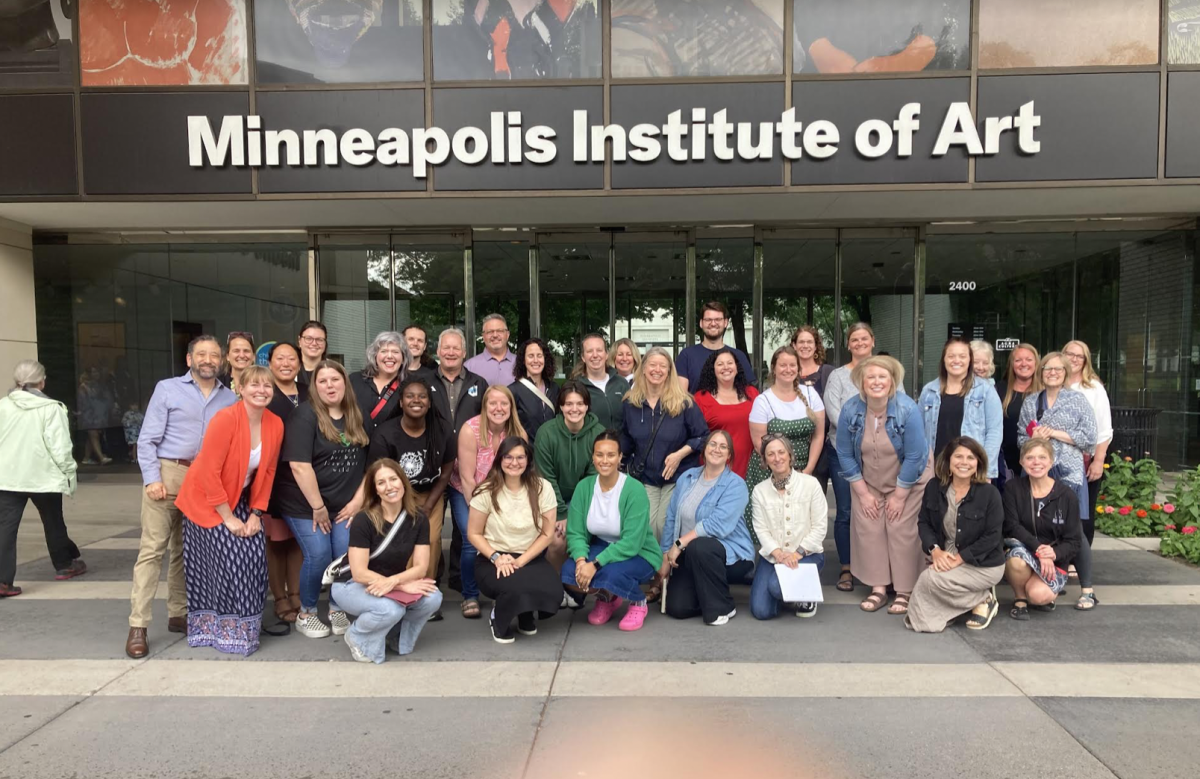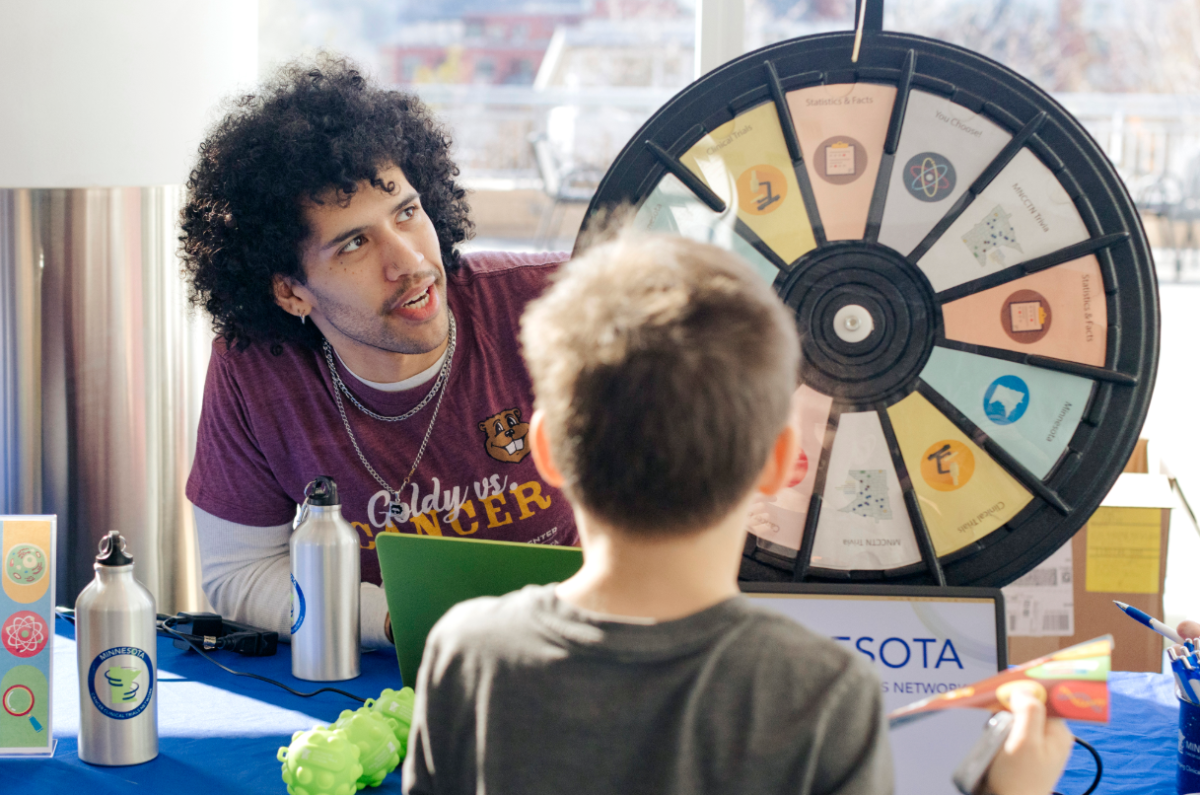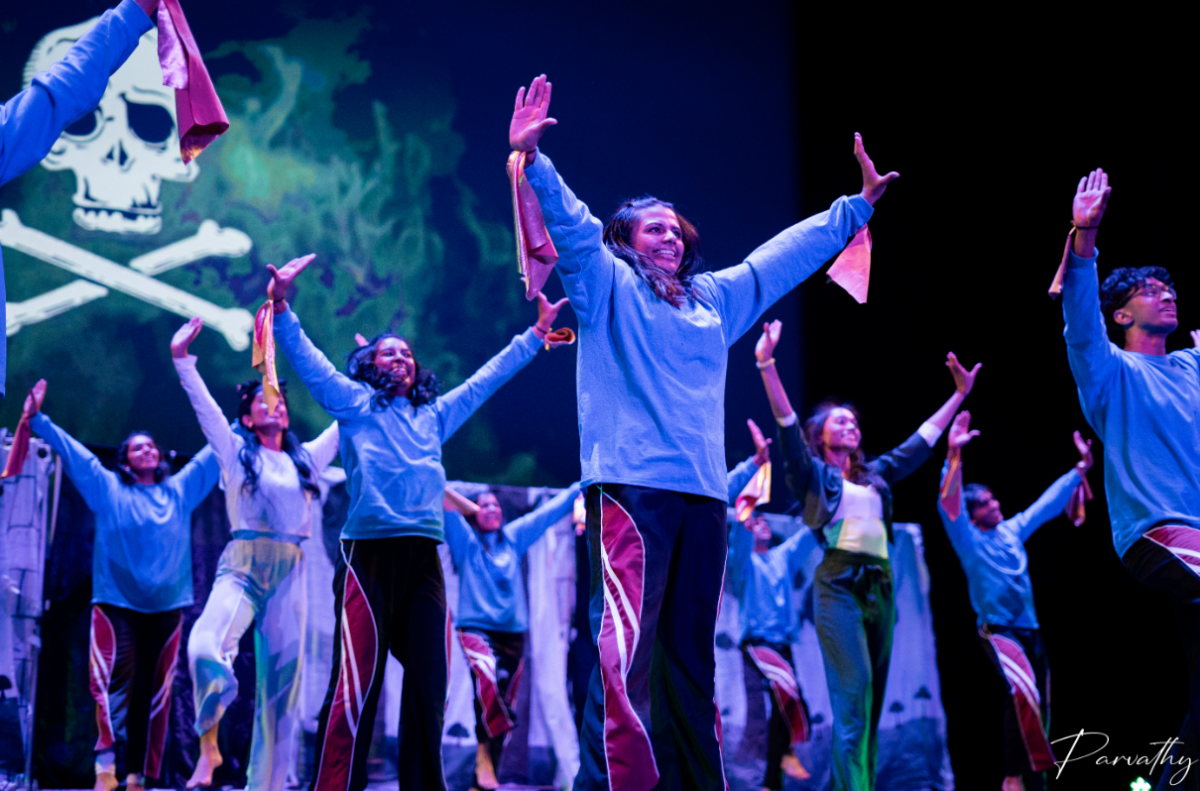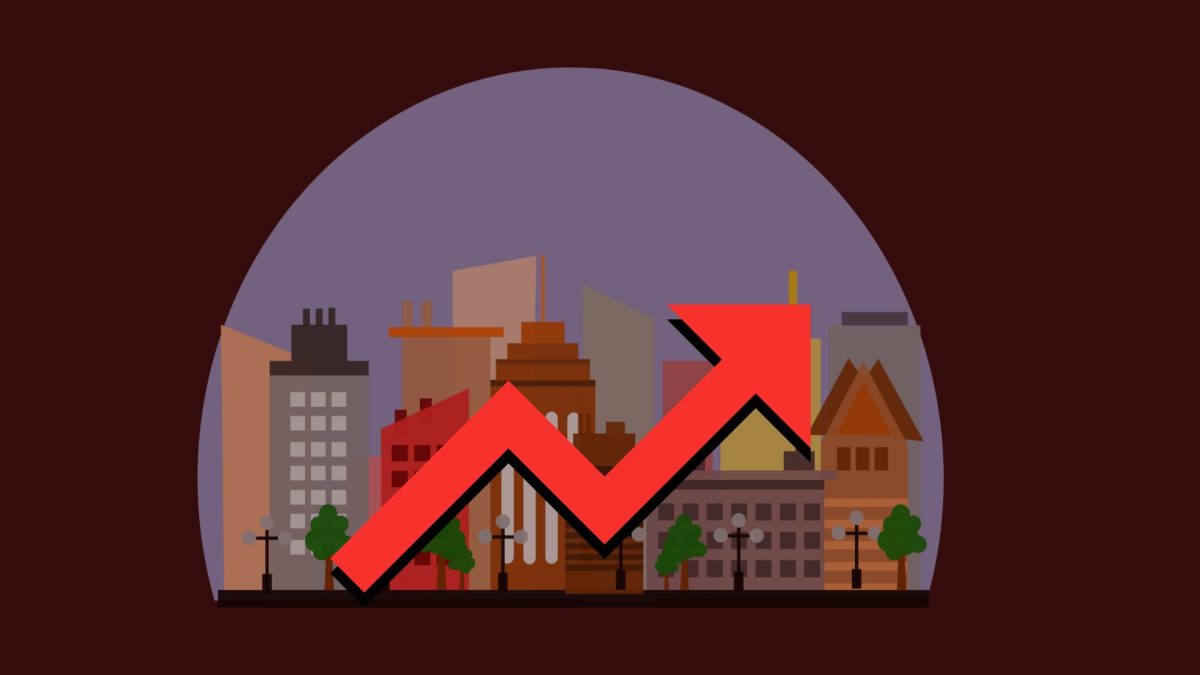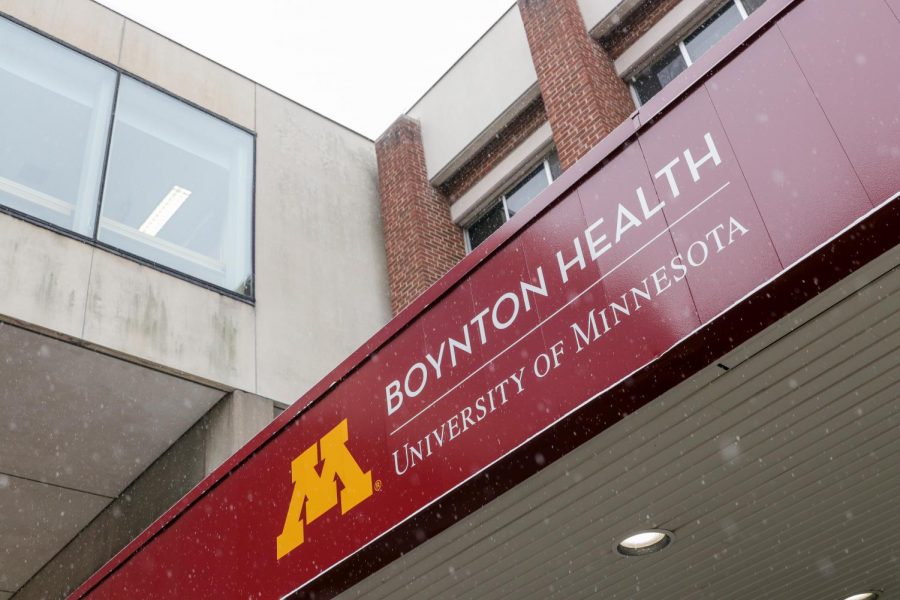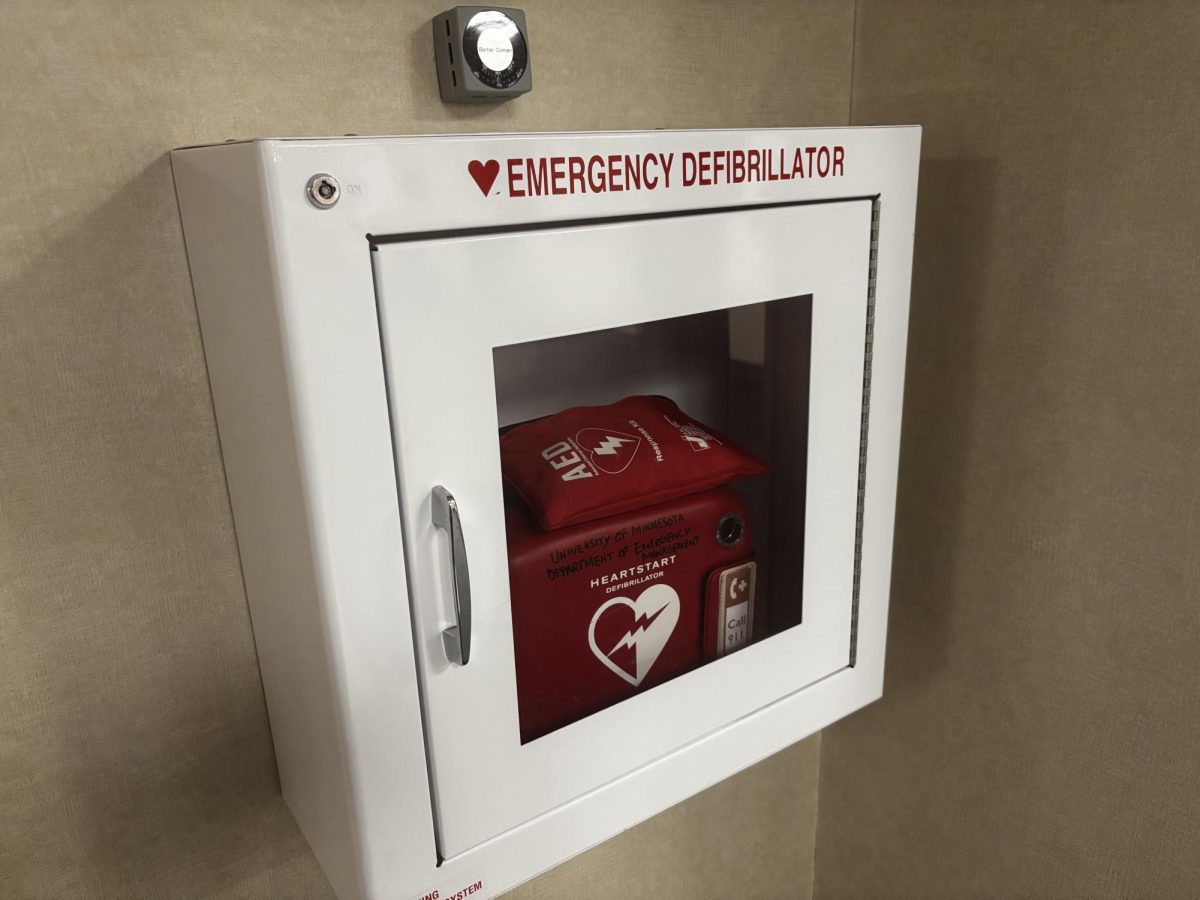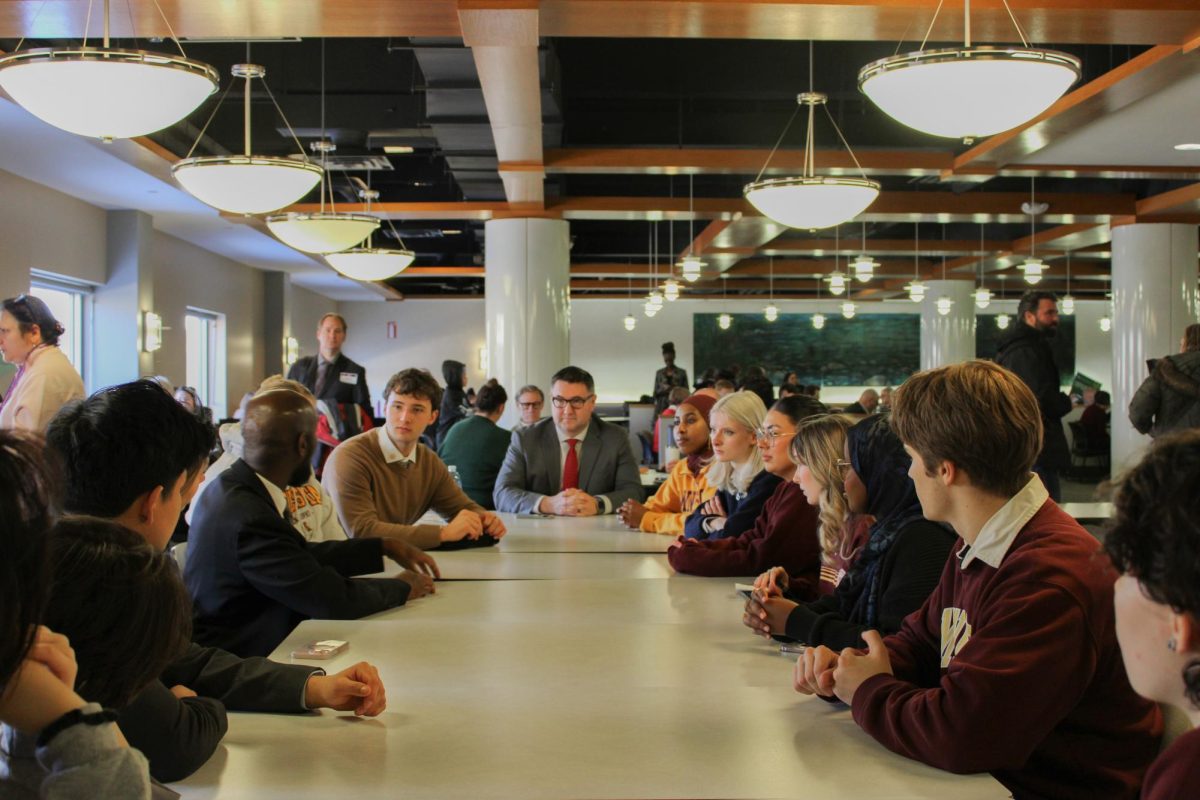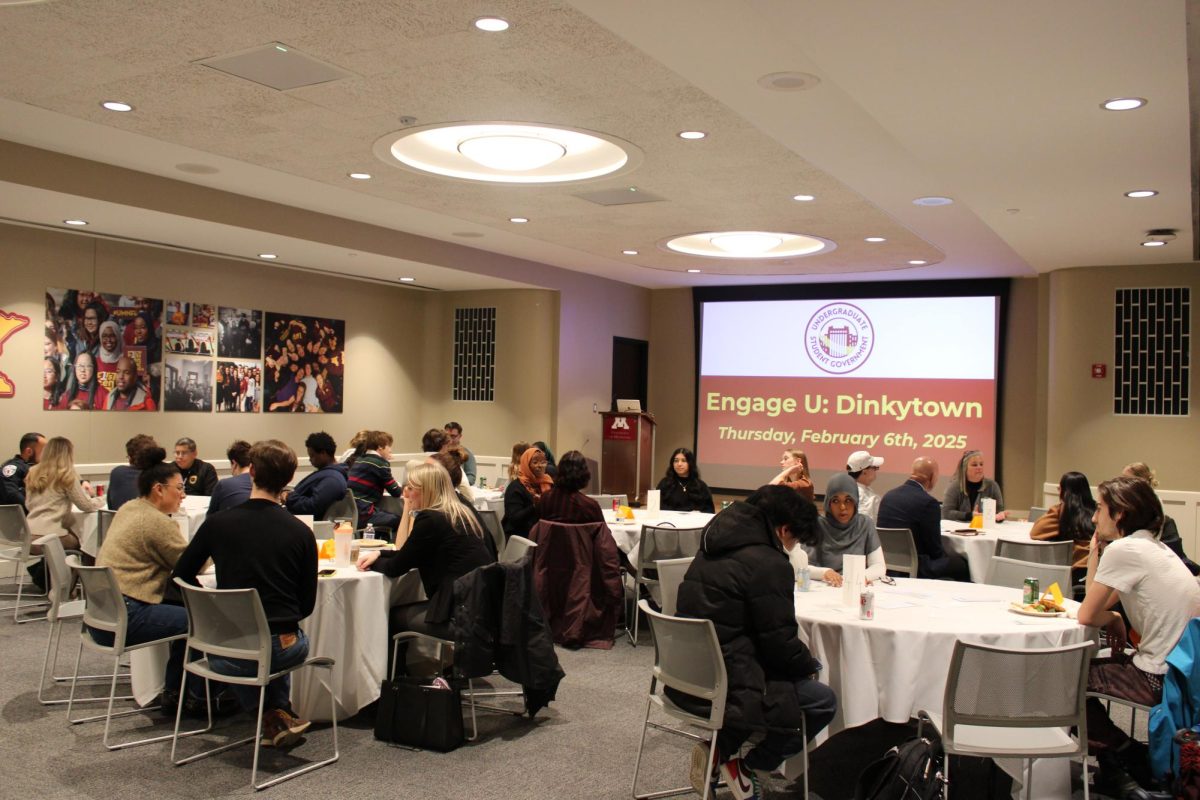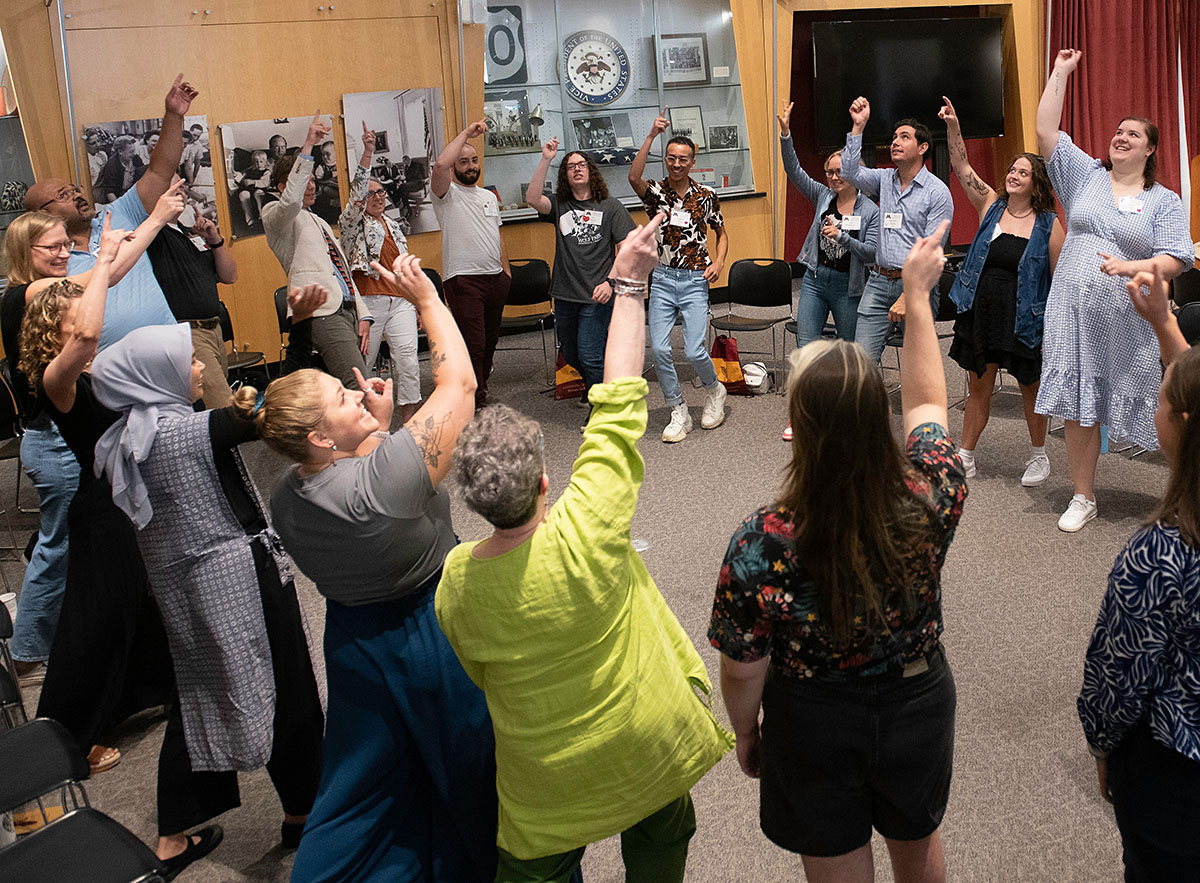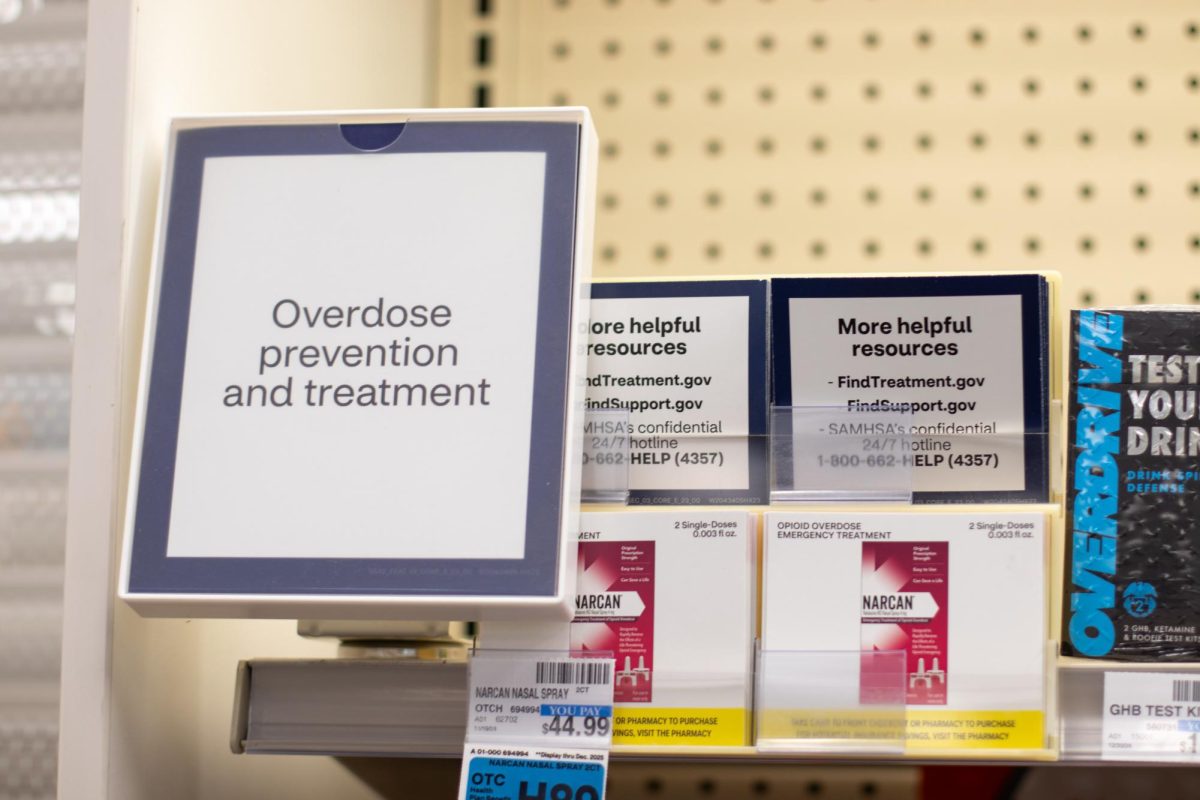The University of Minnesota’s American Indian Studies Department hosted its first American Indian Studies for Teachers Institute last week in partnership with the Center for Climate Literacy.
Thirty-eight K-12 educators, including guidance counselors and specialists from across the metropolitan area, came to the Twin Cities campus to learn about American Indian history and culture. They plan to incorporate what they learned into their classrooms and share it with other educators.
The Shakopee Mdewakanton Sioux Community funded the Institute as a part of the Understand Native Minnesota Initiative.
David Chang, an American Indian Studies professor and co-organizer of the Institute, said the workshop covered several topics related to Native American education.
“We covered the basics of what tribal nations are, their sovereignty and status with relations to the United States, what it means to be a tribal member, what treaties are and what their legal force is,” Chang said.
Jana Lo Bello Miller, a senior lecturer in the Department of Curriculum and Instruction and co-organizer of the Institute, said the Institute lasted four days with different themes for each day.
“We had language and community one day, and then we had decolonization and eco-justice day,” Lo Bello Miller said. “Day three included conversations around boarding schools, primary sources, native life, art and politics, and the fourth day was reflection and connecting to curriculum.”
To help the educators reflect on what they learned and explore an exhibition of Native American art, Chang said the members visited the Minneapolis Institute of Art.
Stephanie Rollag Yoon, a member of the Professional Development Team at the Center for Climate Literacy and co-organizer of the Institute, said she and Lo Bello Miller used their networks with K-12 educators across the metropolitan area to recruit attendees.
“In the Department of Curriculum Instruction, we place our candidates, our preservice teachers, in school districts throughout the metro,” Lo Bello Miller said. “So, in terms of getting the word out, we were able to connect with teachers, schools and school districts we already partner with in our licensure programs.”
Lo Bello Miller said teachers are craving more information about Native American history and education, which the Institute was able to offer them.
Mackenzie Bevins, a sixth- and seventh-grade social studies teacher at the St. Paul Academy and Summit School, said one of the main takeaways she got from the Institute was the idea of treaties.
“I talk about treaties with students already, but not to the degree that I should be and that we talked about in the Institute,” Bevins said. “I can now envision going further into what exactly a treaty is, what happens when treaties are broken and what needs to be done by both parties.”
According to Chang, the Institute hosted internationally recognized scholars from the University’s American Indian Studies department who worked directly with K-12 educators who wanted to improve the quality of American Indian Studies instruction.
“I think the educators who attended are going to take what they heard in the classroom, saw in the museum and the dozens of resources, books, articles and videos we gave them, and they’re going to find a way to integrate them into their own classrooms,” Chang said.
Educators can be leaders at their schools by sharing this knowledge with others, Chang said.
According to Bevins, the Institute opened her eyes to be more intentional with the words she uses, the resources she provides students and the voices she presents in her classroom discussions.
“As a social studies teacher, it is my obligation to teach the truth, and in doing so, you need to have different perspectives that are not just westernized or from a colonizer’s perspective,” Bevins said.
Bevins added the Institute allowed her and other educators to enrich themselves to better teach younger generations.
Chang said the Institute was a great experience that they valued.
“This was a chance for us to be what we want to be, to work with Indigenous community and to work for the understanding of Indigenous issues at the broadest level and take things further,” Chang said.
The Institute is set to return in the summer of 2025.


